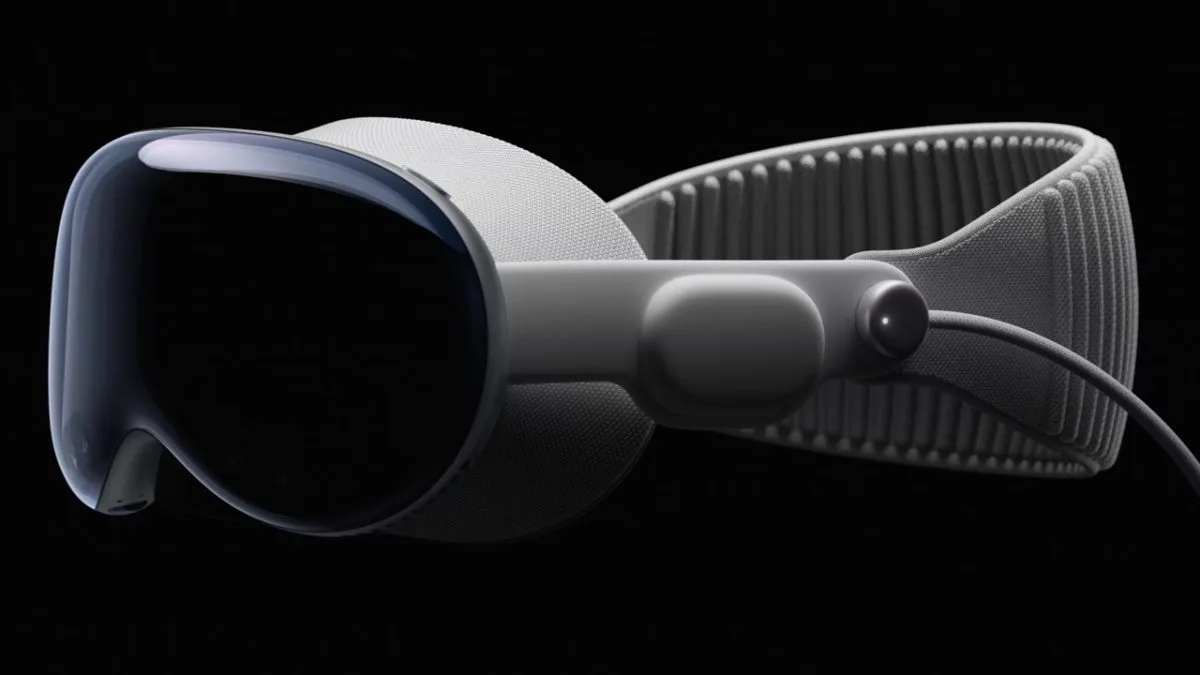Apple’s Vision Pro Can Read Your Mind: Former Employee

Recent statements by a self-proclaimed former Apple Neurotechnology Prototyping Researcher have ignited a flurry of worry and speculation surrounding the capabilities of the Vision Pro headset.
Sterling Crispin, who claims he worked on the development of the Vision Pro during his time at Apple, took to Twitter to suggest that the device or its future iterations may possess mind-reading capabilities, a claim that has raised eyebrows and sparked concerns among the public.
According to Crispin’s Twitter thread, the alleged mind-reading capabilities stem from a patent on which he worked during his tenure at Apple. The patent, as described by Crispin, explores the use of artificial intelligence to predict emotional and cognitive responses from users through various sensors embedded in the headset.
Crispin detailed that the AI algorithms would analyze data collected from sensors measuring electrical brain activity, heart rate, muscle activity, blood density in the brain, blood pressure, and skin conductance. By interpreting this data, the AI supposedly has the ability to infer the user’s emotional and cognitive states, effectively reading their mind.
Is technology going too far?

Unsurprisingly, this revelation has triggered a wave of concerns regarding privacy and the potential invasion of individuals’ thoughts and feelings. The prospect of a device that can unlock our innermost emotions raises ethical questions about the boundaries companies should respect when accessing such intimate information.
Additionally, Crispin mentioned in his thread that the AI could influence the user’s experience by subtly presenting visuals or sounds, measuring their responses to these stimuli. This aspect has further fueled worries about manipulation and the ethical implications of employing such technology without explicit user consent.
While the claims made by Crispin shed light on potential mind-reading capabilities, it’s important to note that Apple has not officially confirmed or announced such features.
During the WWDC23 keynote, Apple focused on the Vision Pro’s eye-tracking and spatial computing features, without any explicit mention of the additional sensors or mind-reading abilities described in Crispin’s thread.
As discussions surrounding these alleged capabilities continue, it is vital for consumers and policymakers to critically analyze the implications of mind-reading technology.
Balancing technological advancements with privacy concerns and ethical considerations is paramount to ensuring responsible innovation and safeguarding individuals’ rights in an increasingly interconnected world.




